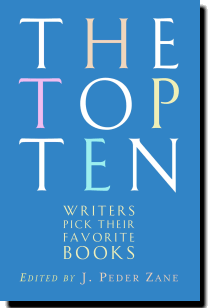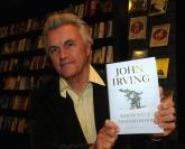Ayelet Waldman’s imaginative and clever new novel, Love & Treasure, hinges on a fraught historical event: the Hungarian Gold train which carried a horde of Jewish treasure stolen by the Nazis. It was, Ron Charles writes in his Washington Post Review, “a train of more than 40 boxcars filled with household goods — carpets, linens, cameras, dishes, paintings, vases, radios, watches, purses, teapots, candlesticks and much more.”
The good news, he writes, “is that the Allies intercepted the train before it reached Germany and promised through various international agreements to return the property. That pledge to the dead Jews and their families was gradually thwarted by politics, postwar chaos and, yes, the victors’ avarice.”
Writing in the Boston Globe, Nick Romeo observes that “the cargo of intimate goods offers mute testimony to the lives of vanished people, but it also presents some difficult questions. What ethics govern the custodians of property that can never be returned? How do the personal and the political intertwine in the wake of historical tragedy?
“These questions permeate the novel’s three sections. The first follows lieutenant Jack Wiseman in postwar Salzburg as he struggles to guard the train’s contents. The primary looters are Americans. … As a Jewish American soldier, Wiseman wants to preserve the possibility that some goods might be returned to the owners or their heirs. … The novel’s middle section traces the efforts of Wiseman’s granddaughter, Natalie, to return a necklace from the train to its owner’s relative in 2013. … The final and strongest section animates the world of Jewish Budapest in 1913, offering portraits of some of the people whose possessions would eventually fill the train.”
The result, Morgan Ribera writes in Bustle, is a “vividly crafted” and “riveting” novel about “art, war, stolen treasures, forgotten crimes and star-crossed love.”
- Read Sean Greer’s Wall Street Journal review.
- Read S. Kirk Walsh’s review.
- Visit Ayelet’s official website.
- Watch the book trailer.
- See Ayelet's beautiful home.
Ayelet Waldman’s Top Ten List
1. Persuasion by Jane Austen (1817).
2. The Regeneration trilogy by Pat Barker (1995).
3. Mother's Milk by Edward St. Aubyn (2006).
4. Midnight’s Children by Salman Rushdie (1981).
5. Patrimony by Philip Roth (1991).
6. Speak, Memory by Vladimir Nabokov (1951).
7. The Road to Wellville by T.C. Boyle (1993).
8. The Known World by Edward P. Jones (2003).
9. Bleak House by Charles Dickens (1853).
10. The Amazing Adventures of Kavalier & Clay by Michael Chabon (2000).



